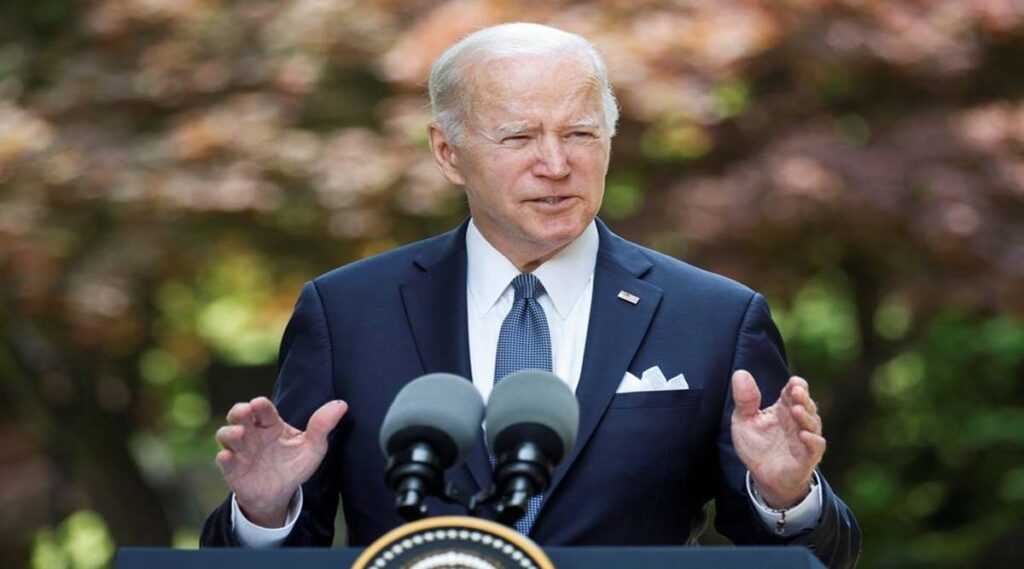Dragon’s bullying of Philippines, America challenged it

Recent tensions between China and the Philippines have escalated in the South China Sea over territorial claims and actions by the Chinese coast guard. China has resorted to provocative actions such as cannonballing Philippine ships and conducting sabotage near disputed areas such as the Scarborough Shoal. These clashes have caused damage to Philippine ships and equipment, raising concerns of an escalation of regional conflict.
In response to the Chinese aggression, the Philippines has taken diplomatic steps to deal with the situation. President Ferdinand Marcos Jr. has refused to deploy water cannon to counter the Chinese attacks. Instead, he has stressed the country’s commitment to diplomatic solutions and de-escalation to avoid escalating tensions in the disputed region.
What did the President of the Philippines say?
Philippine President Ferdinand Marcos Jr. said the Philippines will not deploy water cannon or any other offensive weapons in response to Chinese attacks in the South China Sea. President Marcos stressed that the mission of the Philippine Navy and Coast Guard is to de-escalate tensions in the region. He said the last thing the Philippines wanted was to escalate tensions in the disputed waters.
Furthermore, the Philippines government has sought diplomatic support and condemnation of China’s aggressive behavior while aligning itself with international rules and laws. By expressing concern about China’s violations and escalation of its water cannon pressure, the Philippines has demonstrated its resolve to protect its rights and territorial claims through peaceful means.
International support
The recent encounters have drawn international attention and support for the Philippines’ stance. The United States has been a long-time ally of the Philippines. The US has reaffirmed its commitment to defend its ally against any attack, including in the disputed waters of the South China Sea. This US support has further strengthened the Philippines’ position.







